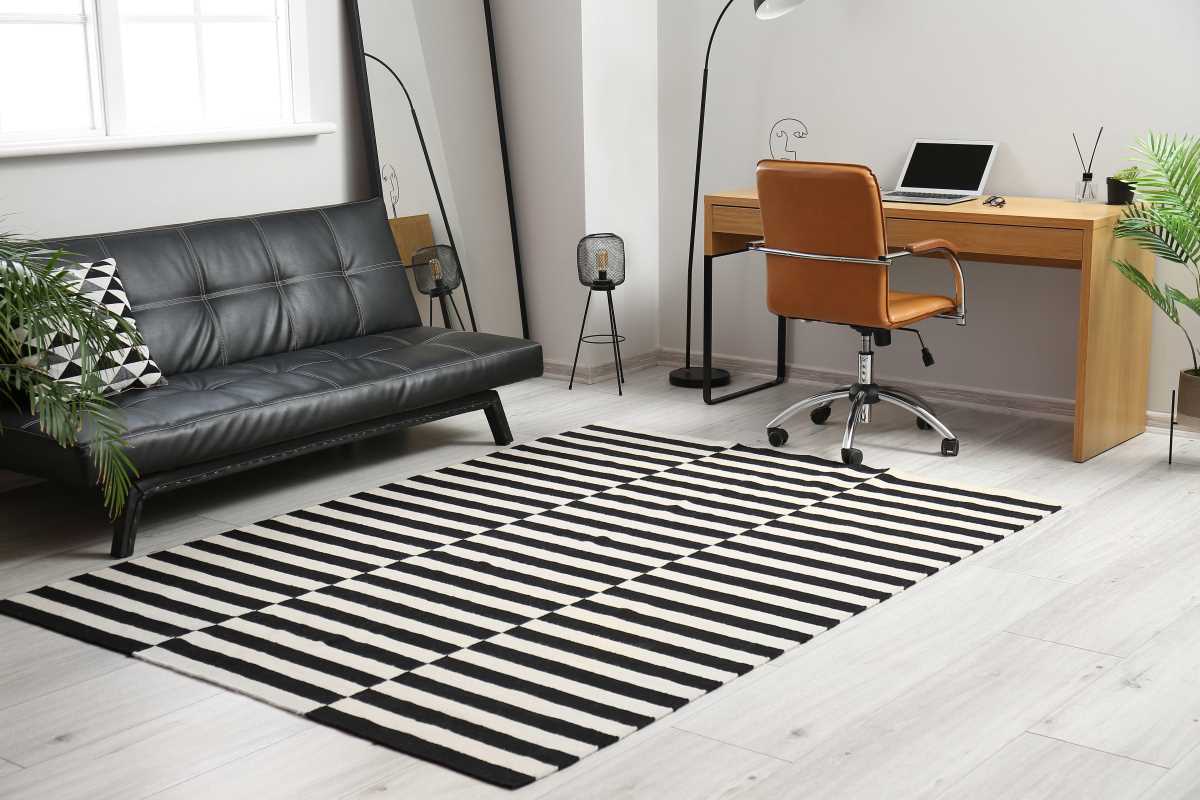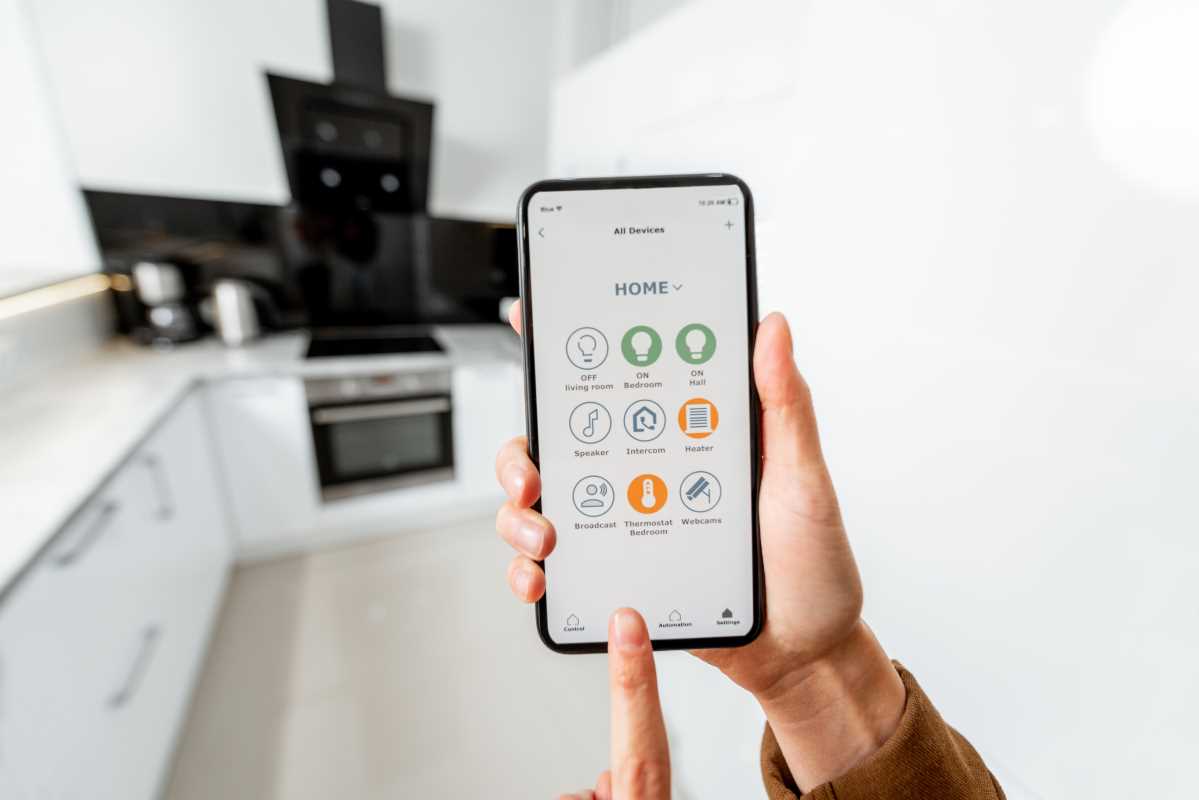In recent years, the rise of digital nomadism has transformed the way people work and live. With the flexibility to work from anywhere, many have embraced a lifestyle that combines travel with their professional responsibilities. However, one common challenge that digital nomads face is creating a functional home office within limited spaces. Whether you're living in a compact apartment, a shared living arrangement, or constantly on the move, designing an efficient workspace is essential for productivity and well-being.
Strategies for Designing a Small Space Home Office
Creating a productive home office in a small space requires careful planning and smart use of available resources. Start by identifying a dedicated area that can be exclusively used for work. This helps mentally separate work from personal life, which is crucial for maintaining focus and achieving work-life balance.
Maximizing natural light can make a small space feel larger and more inviting. Position your desk near a window to take advantage of daylight, which can boost mood and energy levels. Using light colors for walls and furnishings can create an illusion of more space, making the area feel airy and open.
Space-Saving Furniture and Organizational Solutions
- Multipurpose Desks: Opt for desks that offer built-in storage or can be folded away when not in use. This will help keep the workspace tidy and reduce clutter.
- Vertical Shelving: Install shelves on the walls to utilize vertical space. This provides ample storage without taking up valuable floor space.awer Organizers: Keep your supplies organized with drawer organizers. They ensure that everything has a designated place, making it easier to find what you need quickly.
- Compact Seating: Choose comfortable yet compact chairs. Consider options with wheels or that can be easily moved to adapt to different working styles.
- Hidden Storage: To store items discreetly, incorporate furniture with hidden storage compartments, such as ottomans or benches.
Ergonomics and Comfort in Limited Spaces
- Proper Chair Selection: Invest in an ergonomic chair that supports your posture. Proper lumbar support can prevent back pain and reduce fatigue during long working hours.
- Monitor Height: Ensure your monitor is at eye level to avoid neck strain. A monitor stand can help achieve the correct height without additional desk space.
- Keyboard and Mouse Placement: Position your keyboard and mouse comfortably to prevent wrist strain. Consider using an adjustable keyboard tray for added flexibility.
- Lighting: Use adjustable lighting to reduce eye strain. A good desk lamp can provide focused light without causing glare on your screen.
- Break Areas: Incorporate a small space for stretching or taking short breaks. Even a few minutes away from your desk can enhance productivity and comfort.
Technology and Connectivity Essentials
Reliable technology and robust connectivity are paramount for any digital nomad's home offices. Invest in a high-speed internet connection to ensure seamless communication and access to online resources. A good quality router can help maintain a stable connection, especially in smaller spaces where signal interference is more likely.
Essential gadgets such as a high-resolution webcam, noise-canceling headphones, and a reliable laptop or desktop computer can significantly enhance your work experience. Organizing your digital workspace with tools like cloud storage and project management software can streamline tasks and improve efficiency.
Personalizing Your Workspace
While functionality is key, personalizing your workspace can make it a more enjoyable and inspiring place to work. Incorporate elements that reflect your personality, such as artwork, plants, or personal mementos. These touches can boost your mood and make the space feel uniquely yours.
Modular storage solutions allow you to adapt your workspace as your needs change. This flexibility is particularly beneficial for digital nomads who may frequently relocate or adjust their living arrangements. You can easily reconfigure your workspace by choosing versatile decor and furniture to suit different environments.
Maintaining Organization in Small Spaces
Staying organized in a limited space requires consistent effort and smart storage solutions. Regularly declutter your workspace to keep only essential items on your desk. This not only creates a cleaner environment but also reduces distractions, helping you stay focused on your tasks.
Implementing a filing system for both physical and digital documents can prevent important items from getting lost. Labeled organizers and digital folders can categorize your work, making it easier to find what you need when you need it.
Balancing Work and Personal Life
Designing a home office in a small space can also help you balance work and personal life. By clearly defining your workspace, you can create boundaries that help you switch off from work when the day is over. This separation is crucial for mental health and overall well-being.
Incorporating elements like a comfortable chair for reading or a small seating area can provide a space to relax and unwind after work hours. This balance ensures that your home office remains a productive area without encroaching on your personal living space.







